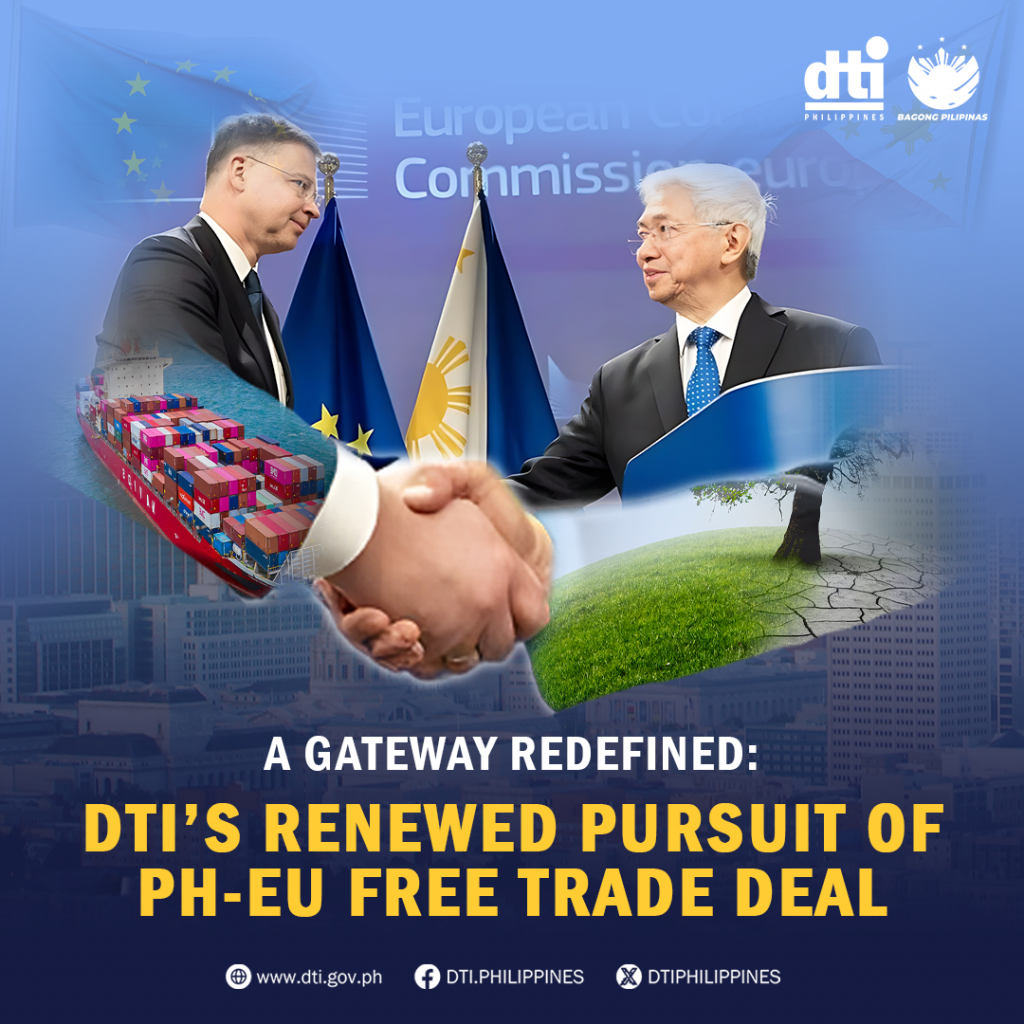
The Philippines’ history is marked by its strategic geographic position, which, prior to its dynamic and multifaceted trade relationships with global partners, attracted European interest for its pivotal role as an entry point to the riches of Asia. This interest, spanning from several centuries of Spanish influence to a brief period of British presence in Manila, has significantly shaped the cultural and societal fabric of the country. The Philippines’ rich cultural diversity today is a testament to its long history of interaction and integration with various global influences, reflecting a complex legacy of exchange, adaptation, and resilience.
Moving to the present, the fusion of various cultures has not only shaped the Philippines into a dynamic and resilient nation but has also imbued it with insights and a spirit of resurgence from centuries of challenges. The country’s strategic importance is now recognized globally, not just as a passageway but as a narrative of resilience and prosperity woven from its storied past.
Today, the economic bond between the Philippines and Europe is strong. The Department of Trade and Industry (DTI) has revitalized discussions for a comprehensive free trade agreement (FTA) with the European Union (EU), picking up where talks left off in 2017. This initiative aims to strengthen economic relations and usher in a new period of prosperity, reflecting the Philippines’ enduring effort to leverage its strategic position for growth and resilience in the post-pandemic era.
Free trade policies, facilitating trade with minimal government-imposed restrictions such as tariffs and quotas, enables nations to enhance domestic production and engage in advantageous international trade. This fosters economic growth and efficiently meets consumer demands.
Resumption of talks
With the resumption of free trade negotiations, DTI Secretary Fred Pascual has expressed his appreciation towards the EU for its renewed confidence in the Philippines. This development aligns the Marcos administration’s clear trade and investment strategy, positioning the Philippines as a prime destination of foreign investments, particularly those focused on combating climate change and adhering to environmental, social and governance (ESG) standards.
Since 2014, the Philippines has benefited from the EU’s Generalized Scheme of Preferences Plus (GSP+), which facilitates sustainable development and good governance by fully removing tariffs on two-thirds of product categories.
Facts and figures
A policy study conducted by the International Trade Center under the ARISE+ program highlighted that the Philippines saved a total of EUR 950 million (Php 57.4 billion) in tariffs through the GSP scheme between 2015 and 2021. Moreover, Philippines exports to the EU have doubled from EUR 5.3 billion (Php 320 billion) to EUR 10.4 billion (Php 629 billion) since the inception of the GSP+, showcasing the tangible benefits of such trade preferences.
EU Executive Vice-President and Commissioner for Trade Valdis Dombrovskis views the partnership with the Philippines positively, anticipating a “prosperous new partnership” with the Southeast Asian nation. Furthermore, an EU-commissioned sustainability impact assessment has highlighted significant economic benefits for the Philippines from this partnership. The study forecasts an increase in the nation’s overall welfare by up to EUR 1.29 billion (Php 78.1 billion), with a potential GDP growth ranging between EUR 1.47 billion (around Php 88.9 billion) and EUR 1.98 billion (Php119.8 billion) underscoring the economic advantages of this collaboration.
The DTI aims to conclude the negotiations by 2027, as the Philippines advances to middle-income status and moves beyond the EU GSP Scheme. The resumption of the PH-EU FTA discussions symbolizes a commitment to resilience and cooperation, promising to fortify economic ties and benefit millions.
As the Philippines enters a new era of global trade, the enduring partnership with Europe shapes its path toward a prosperous future where no one is left behind. Echoing the historic role of the Manila-Acapulco galleons in bridging continents, today’s negotiations aim to create a legacy of shared prosperity and sustainability, leveraging the Philippines’ strategic position for the economic growth and well-being of its people. ♦
Date of release: 19 April 2024



